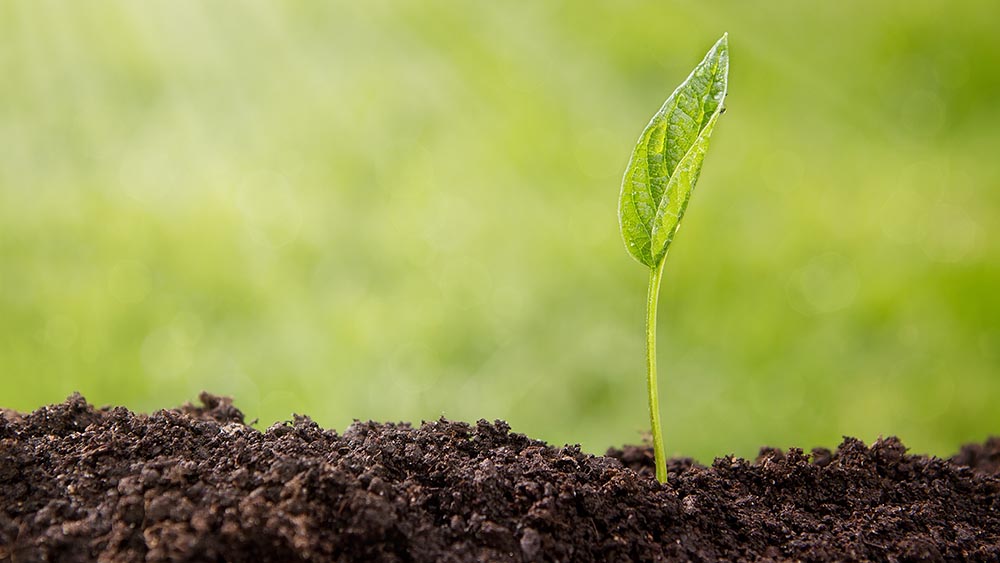Waste sludge thickening
Creating waste sludge is an integral part of treating wastewater. Sludge is basically solid residues removed from treatment plants and can be later used in agriculture as a biosolid, a fertilizer.
Deposition of the sludge before it is used on the fields is often major expenditure point for wastewater treatment plants operations. The costs are associated with handling, transport and, in some cases, the sludge is contaminated and requires further treatment resulting in very high fees.
Deposition of the sludge before it is used on the fields is often major expenditure point for wastewater treatment plants operations. The costs are associated with handling, transport and, in some cases, the sludge is contaminated and requires further treatment resulting in very high fees.
Ultra-dewatered pathogen free sludge at 70% dry solids
In SUEZ, we understand the process of optimization costs and challenges that wastewater treatment plants are facing with sludge deposition, quality and contamination.
We have been researching and developing solution that can use ultra-dewatering process combined with hydrothermal carbonization to achieve the best results and very high dry solids. Our solution, Dehydris™ Ultra is a technology delivering a fully hygienized sludge without use of polymer.
We have been researching and developing solution that can use ultra-dewatering process combined with hydrothermal carbonization to achieve the best results and very high dry solids. Our solution, Dehydris™ Ultra is a technology delivering a fully hygienized sludge without use of polymer.
Dehydris™ Ultra process in a nutshell
High tempterature and pressure combined with a low-cost catalyst are key factors contributing to the process of creating ultra-dewatered sludge. This enables a thermo-chemical chain reaction that turns the molecules in the sludge more hydrophobic.
The ultra-dewatered sludge is suited for multiple deposition routes such as agricultural use or incineration.
The ultra-dewatered sludge is suited for multiple deposition routes such as agricultural use or incineration.
Benefits and advantages of Dehydris™ Ultra
- 70% dry solids achieved
- No polymer used in the process
- Class A pathogen free product
- Increase biogas production by 30-40%
- 100% odor confined
- Energy neutral dewatering
- 2-3 times less energy compared to thermal drying
- Partial micropollutants removed
Contact our expert

